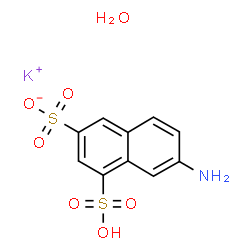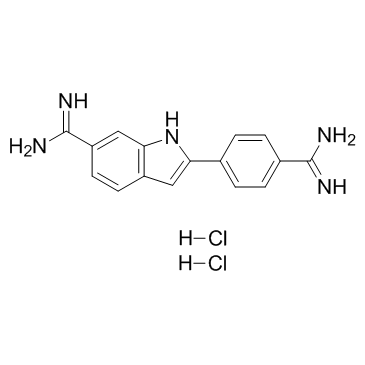| Structure | Name/CAS No. | Articles |
|---|---|---|
 |
sucrose
CAS:57-50-1 |
|
 |
1,3-Naphthalenedisulfonic acid, 7-amino-, monopotassium salt, monohydrate
CAS:303137-06-6 |
|
 |
Dimethyl benzene
CAS:1330-20-7 |
|
 |
4',6-Diamidino-2-phenylindole dihydrochloride
CAS:28718-90-3 |